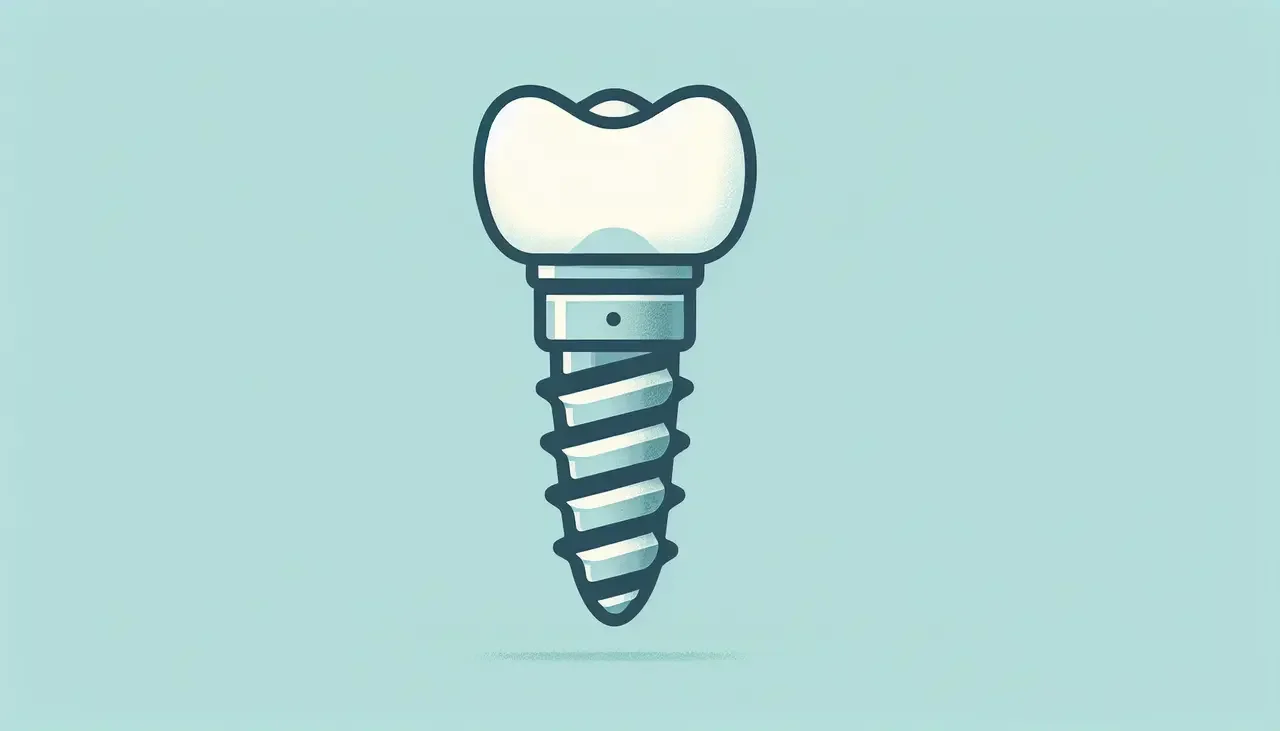What’s the Best Solution to Replace a Missing Tooth?
Losing a tooth can be an unsettling experience, but the good news is that modern dentistry offers several solutions to fill that gap. Whether it's due to injury, decay, or other dental issues, finding the right replacement option is crucial for restoring your smile and maintaining oral health. In this FAQ, we'll explore the best options for replacing a missing tooth, outlining the pros and cons of each, so you can make an informed decision.
Understanding the Importance of Replacing a Missing Tooth
Missing teeth can affect more than just your appearance. They can impact your bite, lead to shifting teeth, and eventually contribute to bone loss in your jaw. It's essential to address tooth loss to maintain both oral health and overall well-being.
Moreover, gaps created by missing teeth can cause adjacent teeth to drift into the empty space, leading to misalignment. This not only affects how you chew, but it can also stress your jaw over time, leading to discomfort and potential jaw disorders. Considering these factors, prompt action to replace missing teeth can help preserve your dental structure and prevent further complications.
Exploring Dental Implants
Dental implants are a popular and permanent solution for replacing a missing tooth. They involve placing a titanium post into the jawbone, which acts as a new 'root' for a replacement tooth. Implants help preserve bone and provide a natural-looking appearance, but they require healthy gums and sufficient bone structure for success.
The process of getting dental implants involves several steps, starting with a comprehensive dental examination. After the titanium post is inserted and osseointegration occurs, which takes several months, a crown is placed on top to complete the restoration. This method not only mimics the appearance of your natural teeth but also their function, providing a durable and aesthetic solution.
Despite the numerous benefits, dental implants do come with considerations. The procedure typically involves multiple appointments and a significant healing period. Additionally, if your jawbone is not thick enough or is too soft, you might require a bone graft before proceeding with implants. It's worth discussing these factors with your dentist to ensure this option is suitable for you.
Considering Dental Bridges
Dental bridges 'bridge' the gap left by a missing tooth using one or more artificial teeth anchored by crowns on the adjacent teeth. They restore function and appearance effectively, though they require healthy neighboring teeth for support and may not prevent bone loss like implants.
Bridges come in various types, such as traditional fixed bridges, cantilever bridges, and Maryland bonded bridges, each offering unique benefits. Traditional bridges are the most common, with a pontic held in place by crowns on both sides. Maryland bridges, on the other hand, use a framework bonded onto the backs of the adjacent teeth, causing less alteration to the natural teeth.
While dental bridges offer a cost-effective alternative to implants, they might require replacement every 5 to 15 years, depending on care. It's also crucial to maintain good oral hygiene and regular dental check-ups to ensure the longevity and effectiveness of the bridge.
Evaluating Dentures as an Option
Dentures provide a removable solution for missing teeth. They are typically more affordable and can be a viable choice if multiple teeth are missing. While modern dentures fit more comfortably than ever, they might still require adjustment and don’t prevent bone loss.
Dentures are custom-fit to your mouth, offering either a full set of teeth replacement or partial options, where some natural teeth remain. Advances in dental technology have greatly improved the comfort and appearance of dentures, giving patients more confidence in their daily interactions.
It’s important to note that while dentures are functional, they do require regular maintenance and care. Daily cleaning and proper storage are necessary to preserve their condition and hygiene. Additionally, periodic visits to your dentist are recommended to ensure the fit remains optimal, preventing potential discomfort.
Consulting with Your Dentist
Ultimately, the best solution depends on your specific case. A consultation with your dentist can help you understand the various options and make a choice that fits both your budget and lifestyle. Professional guidance ensures that you opt for a replacement that supports your oral health long-term.
Your consultation will typically involve a thorough examination of your oral health, discussion of your dental history, and an exploration of your expectations. This comprehensive approach helps your dentist provide tailored recommendations that suit your needs while outlining the financial aspects and procedural details involved in each option.
Remember, each patient’s dental needs are unique, and working with a dental specialist helps you make the most informed decision. Whether leaning towards implants for their permanence, bridges for their balance of cost and function, or dentures for their affordability, each path offers its set of benefits and challenges. With professional guidance, you can confidently proceed with a solution that’s right for your dental future.
Making the Right Choice for Your Missing Tooth
Choosing the right solution to replace a missing tooth depends on individual needs, preferences, and oral health conditions. Dental implants provide a strong, permanent solution but require a healthy jawbone. Bridges and dentures offer more affordable options with their own sets of benefits and considerations. No matter the choice, consulting with a dental professional can provide personalized recommendations tailored to your situation. Invest in the right dental solution, and regain both your confidence and a functional bite. Visit our homepage to learn more about personalized dental solutions that meet your needs.

